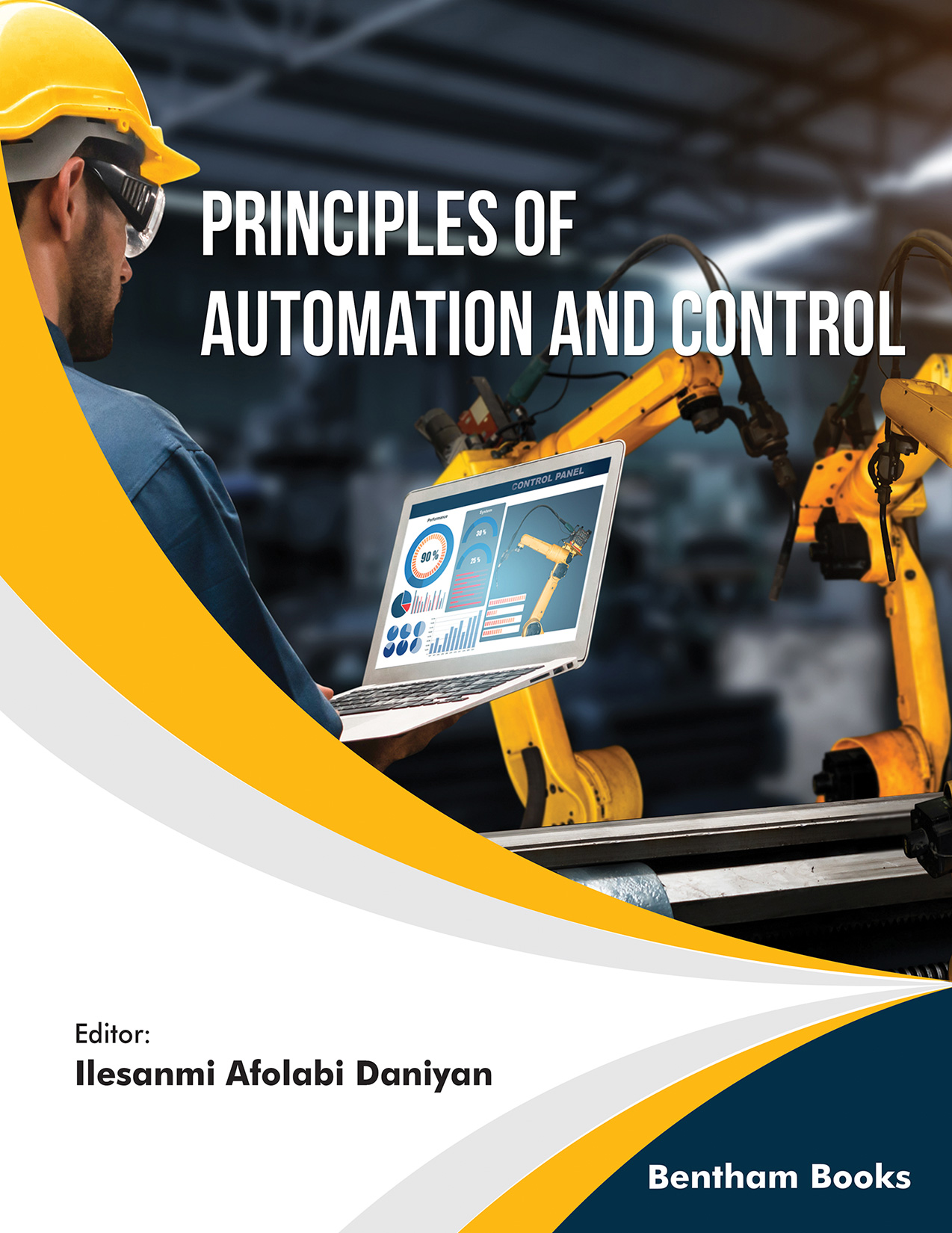Foreword
The dynamics of consumer needs, as well as the need to ensure time and cost effectiveness of the manufacturing process without compromise to product’s quality necessitate the development of robust automation and control strategies. With the advent of Industry 4.0, industries are looking for ways to achieve sustainability, cost efficiency, competitive advantages, productivity and profitability, economies of scale, scalability and flexibility, hence, the need for the automation of industrial systems and processes. The automation and control of industrial systems focus on the efficiency of industrial processes and organisation’s profitability. This will also improve system’s flexibility with a substantial improvement in the manufacturing processes, product quality, and a reduction in industrial errors.
This book presents recent and novel theoretical concepts and practical findings in the field of automation and control. It comprises thirteen chapters that delve into the principles of automation and control. Furthermore the following thematic areas were also covered: automated processes and systems, control theory, system’s control, computer control devices, industrial automation tools, application of industrial automation as well as practical examples of how automation can be achieved in systems. Furthermore, empirical findings that highlight recent advances in the field of automation and control are discussed.
The book also discusses the performance of automated systems and controls and how such performances can be enhanced with relevant examples and case studies drawn from real world research. The book is multi-disciplinary in nature and it is designed for learners, experts, instructors, academics, engineers, and professionals whose field of interests match the niche area of automation and control.
The book disseminates knowledge critical for system’s automation and control. The book provides entrepreneurs, experts and engineers meaningful insights into practical ways to achieve automated business solutions from the design level. Thus, this book demonstrates how simple or complex processes can be automated and controlled to deliver a sustainable business value.
With the knowledge and expertise of the contributing authors, my teaching and research acumen in manufacturing, automation and control was geared to provide novel contributions to this book. Some of the automation and control concepts presented in the book are still emerging and will be of a great benefit to the readers and experts in the quest to gain wide range of knowledge in the field of automation and control.
Festus Fameso
Department of Mechanical and Automation Engineering
Tshwane University of Technology
Pretoria
South Africa

